When Africa Speaks, the World Whispers: Why Global Media Still Can't Hear Us
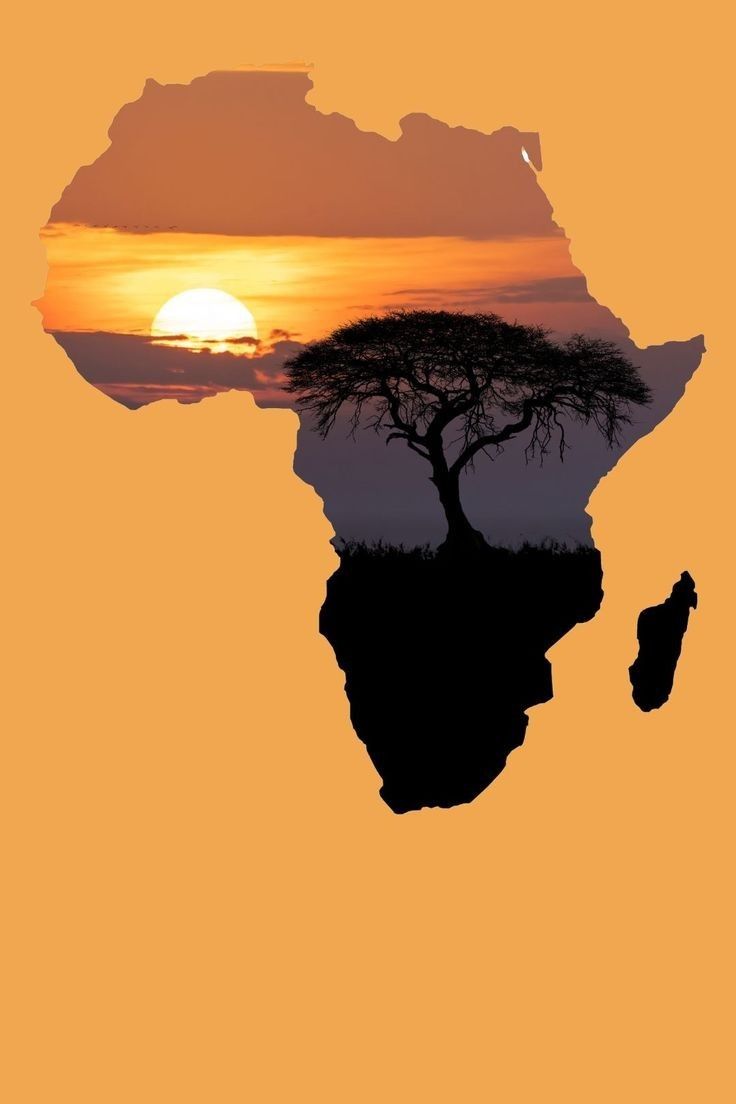
Written by Bakare Zainab
In her third week of Harvard, Aisha, a Nigerian student, was chatting with her coursemates and one of them, genuinely curious, asked her: “How did you communicate with people back home? Do you guys have… like phones or the internet?”
The room fell silent and awkward gazes were exchanged but Aisha was, in fact, not surprised. This was not the first time she had come across blatant ignorance about Africa and its people — the type that sees Africa as one small town populated by mud huts with thatched roofs.
She smiled politely but deep down, she wondered why a large part of the world is still drowning in its ignorance. This brings us to the part where speaking doesn't equate to the other party hearing or seeing.
Africa tells its stories daily, through its arts, people, politics, innovations. Yet, the global media refuses to listen, brushing aside and distorting reality, projecting the stereotypes they believe suits the continent — poverty, war, death — which is deeply rooted in colonialism and racism. When Africa Speaks, why do the global media feign deafness?
Source: Media Diversity Institute
Colonial Narratives Still Shape African Representation
The silence is not new. Let's go back in time, to the 1880s — where leaders from the Western world sat round a table, partitioning the continent, like it is their inheritance.
The “inheritance” was well looted of its wealth, its people in bondage of white skinned intruders who wielded guns and canons.
Deep in history, the colonial masters successfully portrayed Africa as the backward and uncivilised continent — a narrative was used to justify dominance and the foundation of global perception in the 21st century.
We are in the 21st century, yet the stories are still the same. The global media still portrays the continent as one in crisis, reducing 54 nations with rich cultures, people, experiences and languages to one word: Africa.
One can posit that the continent's portrayal is political and psychological. The portrayal of the continent as helpless and chaotic, reinforces the narratives of dependency which justifies foreign intervention and exploitative policies.
It also, psychologically, feeds the ego of the West, who have always believed themselves to be superior to Africa, a self-appointed saviour to save Africa from Africans.
Social Insight
Navigate the Rhythms of African Communities
Bold Conversations. Real Impact. True Narratives.
Little wonder why the global media hesitate to share the innovations and developments ongoing in parts of Africa. They do not believe anything good can come out of “Jerusalem”. They are shocked and skeptical when it actually does.
Why African Innovation and Progress Go Unnoticed?
The world only listens to Africa when tragedy hits — it is comfortable for them as they already have stereotypes entrenched in their minds. Poverty, war, crisis, are more comfortable to broadcast than technological advancements happening in Kenya.
When African countries flattened the curve of the Covid-19 virus faster than other Western countries, it was met with skepticism and doubt.
The media did not only fail to portray this, they started to carry other issues that matched their entrenched stereotypes: hunger. Yet, the tech boom in all parts of the continents go unnoticed. The imbalance is not just about what is being said but, rather, what they choose to hear.
Photo Credit: Research Gate8
Who Controls the Global Narrative About Africa?
The global media is controlled by institutions in the Global North. Media houses in London, Paris, New York, decide what African stories are told and how.
Often, these stories are written by outsiders who breezes in during crisis, pen down a report, and leaves before even the dust settles. It is not about facts not being right, but about truth being incomplete and perspective being one-sided.
Without content and complexity, Africa because easy to pity, harder to understand and impossible to celebrate.
The Real World Impact of Media Silence on Africa
The consequences of this global whisper aren’t just reputational — they are real. Underreporting African issues means less global pressure, less aid, slower intervention, and less empathy. When a school collapses in Haiti, the world responds. When 300 girls are abducted in Nigeria, the headlines fade in days.
There is also a personal toll. Students like Aisha encounter stereotypes that stem not from hatred, but from years of media miseducation.
When Africa is consistently portrayed as poor, chaotic, or underdeveloped, those limited images shape global assumptions and sometimes even how young Africans see themselves. The result? A continent doubted by the world, and too often, doubted from within.
African Voices Are Rising
Social Insight
Navigate the Rhythms of African Communities
Bold Conversations. Real Impact. True Narratives.
Africa, however, is no longer waiting to be heard. Across the continent and in the diaspora, journalists, creators, and media entrepreneurs are telling their stories on their own terms. Zain Asher, an anchor for CNN in an interview with Ifeoma Okeke of Business Day in 2021, established that her show, One World, was launched and it only covers African successes. She and many other youths of African descent continue to reshape the story of Africa.
Social media is also changing the game. African creators are building audiences and challenging stereotypes, speaking directly to the world. Charity Ezekie is an example of an African creator with millions of followers, who challenges the Western stereotypes using humour and sarcasm.
What It Takes For the World to Truly Hear Africa?
It is time the global media made the conscious choice to listen. That means more than just reporting African news. It means supporting African storytellers, hiring African editors, and funding African-led platforms.
It means recognizing that Africa isn’t a case study in failure; it is a global player, a cultural powerhouse, a continent of dreams and disruption. To ignore that is to tell the world’s story with a missing piece.
Africa is not silent. It is vibrant, vocal, and rising. The world doesn’t need to give Africa a voice — it has one. What it needs is to stop whispering back. Because when Africa speaks, it speaks with clarity, with confidence, and with purpose.
Written by Bakare Zainab
More Articles from this Publisher
What’s Really in Your Pepper? FIIRO Warns of Toxic Grinding Machines
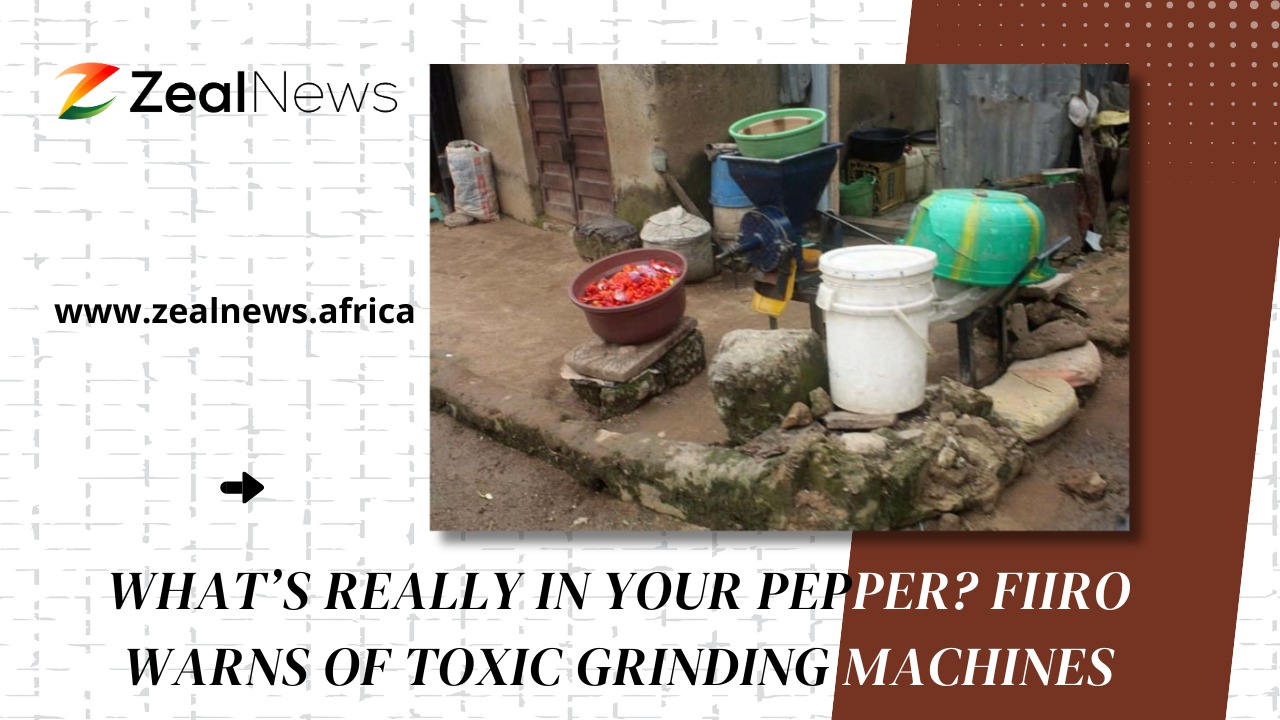
Heavy metals from common market grinding machines may be entering everyday meals, with FIIRO linking the exposure to ris...
High-Income Careers That Don’t Require Traditional University Paths
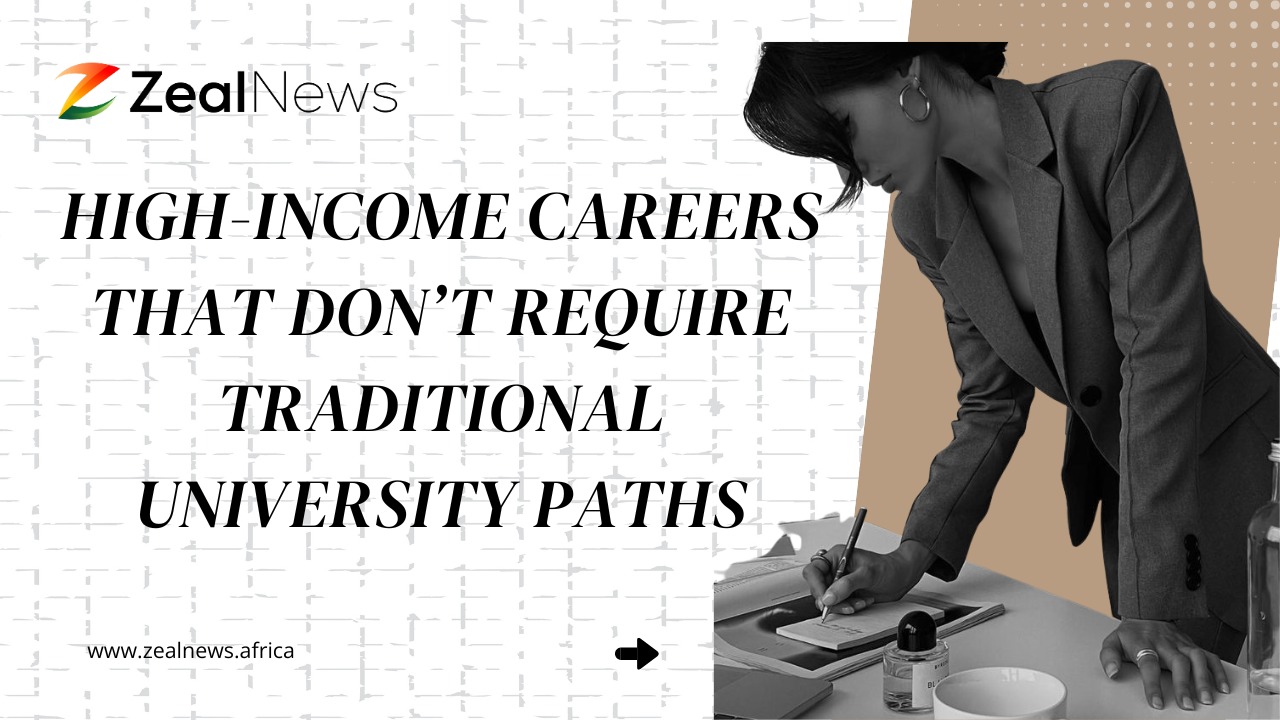
Some of the highest-paying careers don’t care where you studied. Skills, results, and execution now open doors that dipl...
Was Santa Claus Really Copied from African Masquerades?

Was Santa Claus copied from African masquerade traditions? The claim sounds bold, but the historical record tells a diff...
How Many Mudashiru Ayenis Have We Buried, Or Tagged As "Mad"?
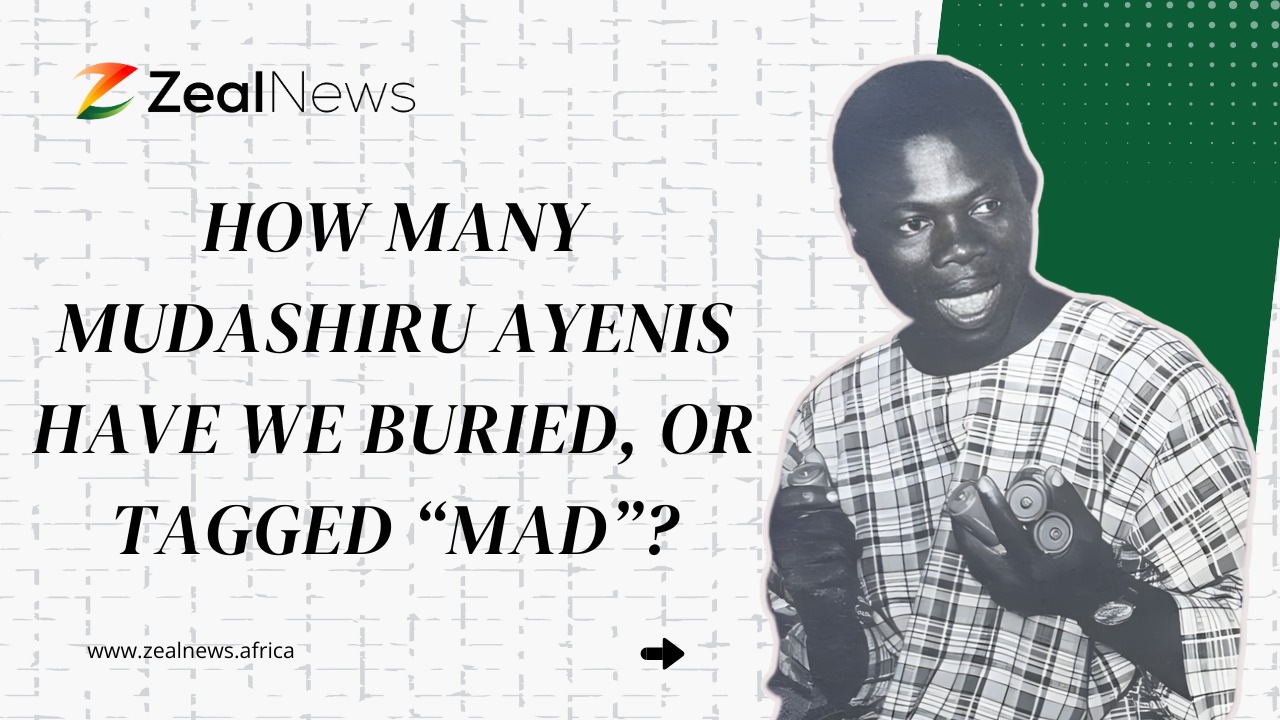
He built a robot at 20. Instead of applause, Nigeria sent him to psychiatrists. This is the story of Mudashiru Ayeni, th...
7 Countries Where Valentine’s Day Isn’t February 14

Valentine’s Day isn’t always February 14. Some countries mark love on entirely different dates, and the traditions behin...
Countries That Have Restricted Valentine’s Day Celebration
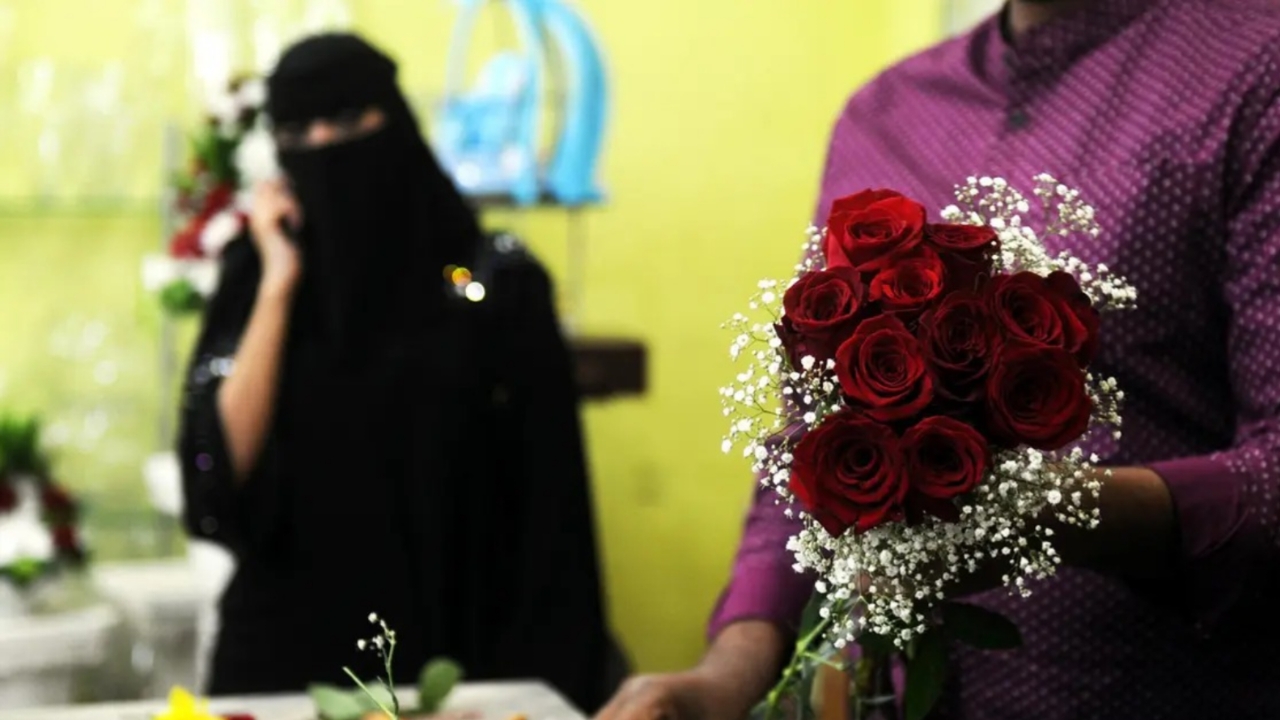
Valentine’s Day is global but not universally accepted. In some countries, February 14 has been restricted, discouraged,...
You may also like...
When Sacred Calendars Align: What a Rare Religious Overlap Can Teach Us

As Lent, Ramadan, and the Lunar calendar converge in February 2026, this short piece explores religious tolerance, commu...
Arsenal Under Fire: Arteta Defiantly Rejects 'Bottlers' Label Amid Title Race Nerves!

Mikel Arteta vehemently denies accusations of Arsenal being "bottlers" following a stumble against Wolves, which handed ...
Sensational Transfer Buzz: Casemiro Linked with Messi or Ronaldo Reunion Post-Man Utd Exit!

The latest transfer window sees major shifts as Manchester United's Casemiro draws interest from Inter Miami and Al Nass...
WBD Deal Heats Up: Netflix Co-CEO Fights for Takeover Amid DOJ Approval Claims!

Netflix co-CEO Ted Sarandos is vigorously advocating for the company's $83 billion acquisition of Warner Bros. Discovery...
KPop Demon Hunters' Stars and Songwriters Celebrate Lunar New Year Success!

Brooks Brothers and Gold House celebrated Lunar New Year with a celebrity-filled dinner in Beverly Hills, featuring rema...
Life-Saving Breakthrough: New US-Backed HIV Injection to Reach Thousands in Zimbabwe

The United States is backing a new twice-yearly HIV prevention injection, lenacapavir (LEN), for 271,000 people in Zimba...
OpenAI's Moral Crossroads: Nearly Tipped Off Police About School Shooter Threat Months Ago
ChatGPT-maker OpenAI disclosed it had identified Jesse Van Rootselaar's account for violent activities last year, prior ...
MTN Nigeria's Market Soars: Stock Hits Record High Post $6.2B Deal

MTN Nigeria's shares surged to a record high following MTN Group's $6.2 billion acquisition of IHS Towers. This strategi...
